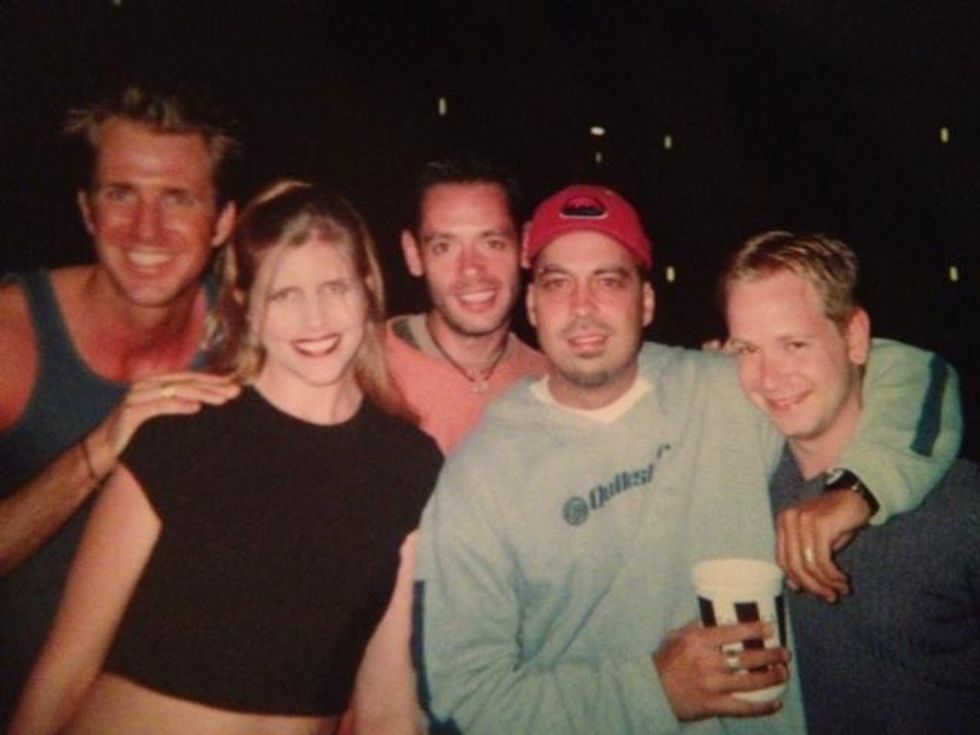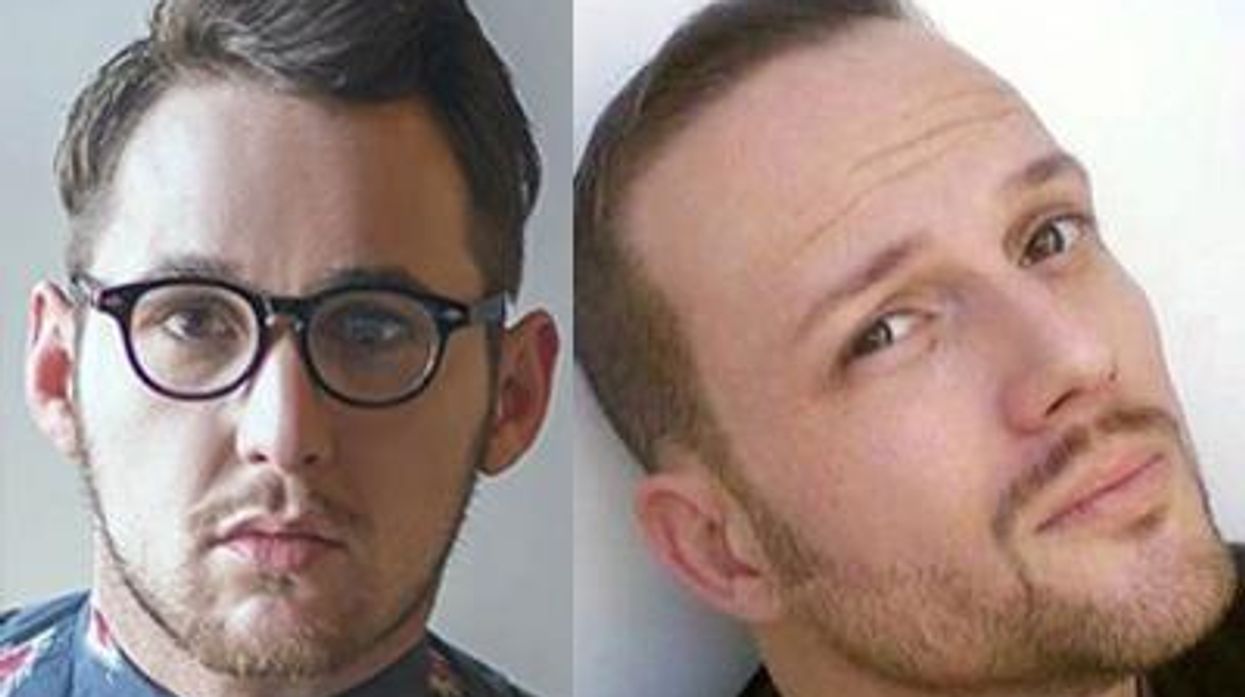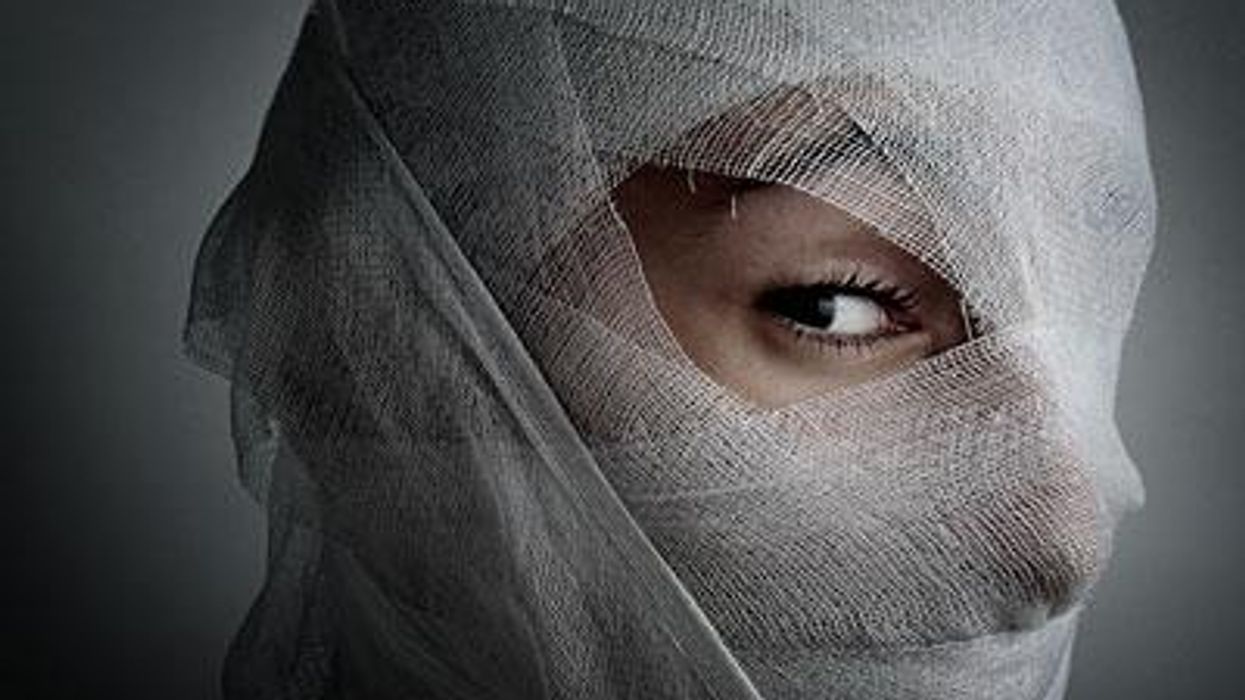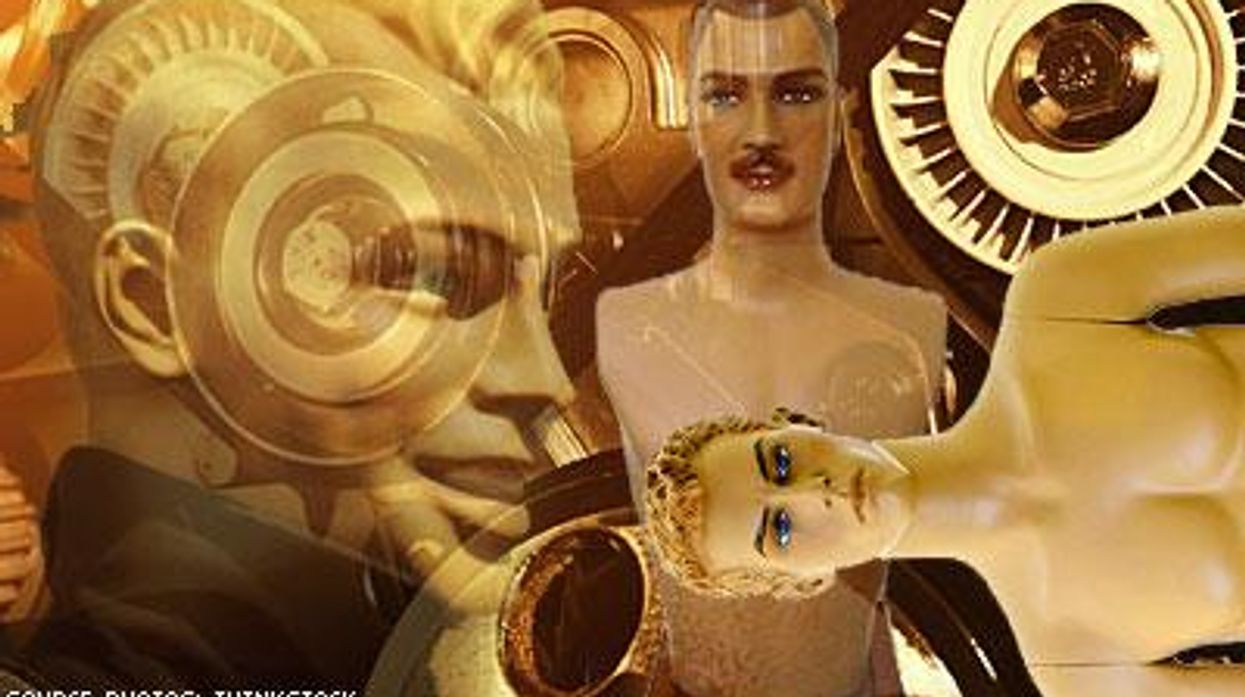I've grown inured to the stories of hell-on-Earth Russia (my family's homeland, embarrassingly enough) but reading about the closure of Central Station, Moscow's largest gay club, stopped me in my tracks. It wasn't the news the club was shot, gassed, and the owner's car lit on fire that made my face droop, it was thinking about the gays of Moscow not having an epic place to dance.
Living in Los Angeles, it's hard to contemplate a world where a business is routinely attacked with guns and bombs and all hell doesn't break loose (in Russia, it's a Tuesday). I can sympathize, and I do, but I can't relate. What does feel familiar, and stirs pangs of nostalgia and melancholy, is the shuttering of another gay church, albeit for completely different reasons than the super-clubs dismantling disco balls from London to New York to Vegas.
Splash recently dried up in New York, London's G.A.Y. was folded into another club, and Krave Massive, billed as the biggest gay club in the world, was D.O.A. in downtown Vegas last summer. In L.A., Eastsiders are mourning the impending death of MJ's; no super-club, but certainly one of the most happening dance floors on the West Coast. It feels like the end of an era, and I have the urge to wear a black mesh top and dance to a remix of "Taps."
The absolute thrill of waiting in line at The Roxy in a pre-High Line West Chelsea, and puking on the subway four hours later, remains palpable. When I moved to L.A. in the early 2000s, nights at The Factory were filled with thrill and possibility, as well as three spins of "Sandstorm" and at least one of Mel C's "I Turn to You." Entering the sea of gay humanity at San Francisco's massive Universe was like crossing the gates of gay heaven (pictured below, with me on the right, just before someone spotted Moby).
Inside the walls of these labyrinths, you could kiss your boyfriend, you could feel up that guy you just met, you could hold hands with your straight girlfriend while wearing a studded, sleeveless shirt: all things that could get your ass kicked outside those doors. Getting dolled up, dancing all night, drinking, and, sometimes, drugging with hundreds of like-minded people was a freedom not granted to small town queers. It was part of the reason we moved to New York and San Francisco and Chicago and Miami. Now, these places are dying.
"For many gay men, clubs represented more than a safe space," says another former gay club kid, Advocate entertainment editor Jase Peeples. "They provided a place where being gay was the norm and we could express ourselves and interact with one another without encountering the obstacles or pressures of a society dominated by heterosexuality."
At this point in my life, my mid-30s, going to a club like the Factory -- which is still around, amazingly -- sounds as appealing as an early-morning hike did in my 20s. Clubs are too loud and crowded; I don't want to scream to talk or fight to get a drink. But every LGBT sprite, especially those who've fled to big cities to build a career or find love or simply be themselves, should have an opportunity to lose themselves in a colossal club like the ones I loved.
Ignorance and stupidity killed Central Station, but what felled places like Splash? For the legendary Gotham party palace, which hosted performances by Madonna, Kylie Minogue, and Katy Perry, its home in Chelsea changed considerably for LGBTs since the club opened in 1991. Gays were flocking to the neighborhood and making it their own back then, but 23 years later, many have moved on, heading to Hell's Kitchen, the East Village, Brooklyn, even Jersey. A gay gift shop just closed in the heart of the gay village, and gentrification is pricing other queer businesses out.
But it's not gentrification that did Splash in, says New York drag icon Lady Bunny. As explanation for the shutter, Bunny told The New York Times last year, "Today a lot of the hooking up has moved online."
Sad but true words from American drag royalty. The clubs of yesteryear promised not just ear-shattering music and frosted tips, but the chance at finding someone. While the search for love or lust often went the way of The Smiths' "How Soon is Now?" ("There's a club... you could meet somebody who really loves you... so you go and you stand on your own and you leave on your own... and you cry and you want to die"), it didn't always turn out that way, and even if it did, you had your friends to dance to a Madonna remix with. Now, the effort and excitement of snagging and snogging someone on the dance floor isn't as pronounced because you always have Scruff to save the day.
Many don't even bother with the club, now that we have ready and willing guys shooting out of our phones. That's unfortunate, because while hooking-up was a big part of clubbing, it wasn't the entirety of the experience. It was a cherry on top of the light show, the go-go dancers, the dancing, the community.
There's no denying the world is different from when I was whooping it up at foam parties. LGBT people are more integrated into mainstream society and most of us are out to everyone in our lives -- maybe we don't need G.A.Y. places for us to let loose and kick up our heels. But I can't help feeling the younger generation in Moscow and, to a lesser extent, New York and London, are missing out on something so remarkable. Well, at least they have Candy Crush.
NEAL BROVERMAN is a columnist for The Advocate and the editor in chief of Out Traveler. Follow him on Twitter @nbroverman

















Charlie Kirk DID say stoning gay people was the 'perfect law' — and these other heinous quotes
These are some of his worst comments about LGBTQ+ people made by Charlie Kirk.